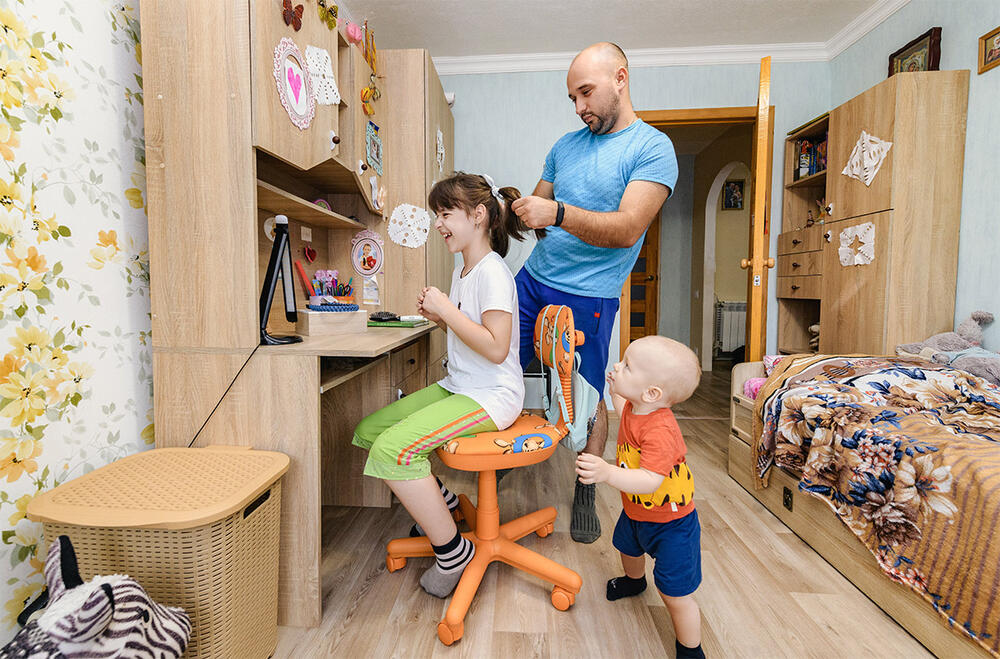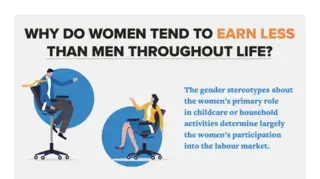Working on shaping positive masculinities and engaging men and boys are essential building blocks to achieving gender justice and equality in Eastern Europe and Central Asia.
Gender inequalities fall overwhelmingly on women and girls, but men and boys are also negatively affected. With traditional gender norms framing care-giving and respectful behaviour towards women as weak and undesirable, for example, many men miss out on being part of their children's upbringing and having fulfilling, non-violent relationships. At the same time, most men actively oppose violence and care deeply about the women and girls in their lives.
UNFPA sees men as co-beneficiaries and individuals with a vested interest in advancing gender equality in Eastern Europe and Central Asia and believes that men play a vital role in achieving equality, justice, and dignity for all.
For the past decade, UNFPA has worked with civil society partners, private sector stakeholders, and governments in the region to integrate gender-transformative approaches, including engaging men and boys to address stereotypical gender norms, eliminate violence against women and girls, combat harmful practices, and increase access to, and utilization of, sexual and reproductive health services.

According to the UNFPA-supported International Men and Gender Equality Surveys (IMAGES), many men continue to hold traditional norms and attitudes around gender, including the justification of domestic violence. Engaging men and boys is an effective and necessary component of ending gender-based violence (GBV) as they are the primary perpetrators of GBV and therefore the main target of prevention work. Men can also help influence other men to end violence against women and girls.
The active participation of men is indispensable in promoting sexual and reproductive health and rights for all. As allies, men play a crucial role in advocacy efforts, leveraging their influence to address systemic barriers. By embracing the role of engaged SRH champions within partnerships and families, men break down gender stereotypes, acknowledging that family planning is a shared responsibility. Additionally, prioritising men's own sexual health fosters a comprehensive approach, ensuring holistic well-being for all genders.
Engaging men in child care and responsible fatherhood, in particular, helps break the unequal division of unpaid care work in the home, improves sexual and reproductive health and rights, prevents violence against women and girls, and helps combat gender-based discrimination.






